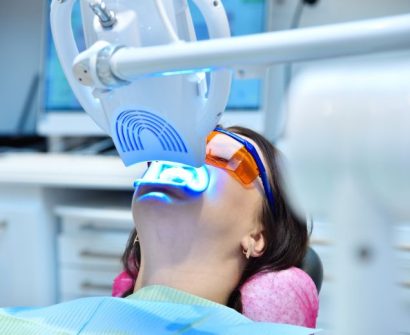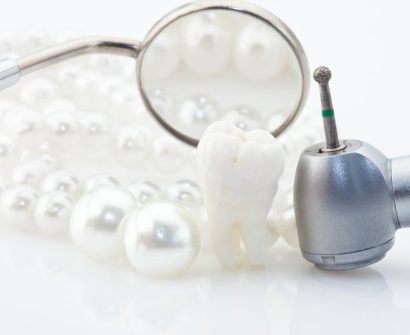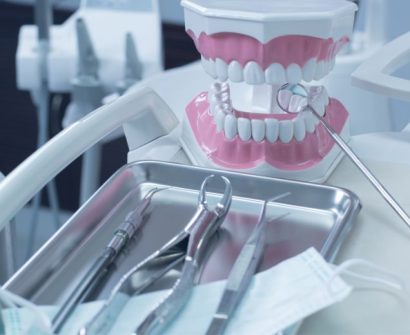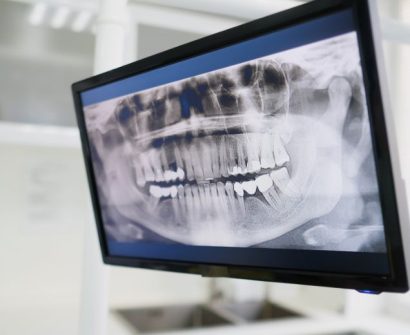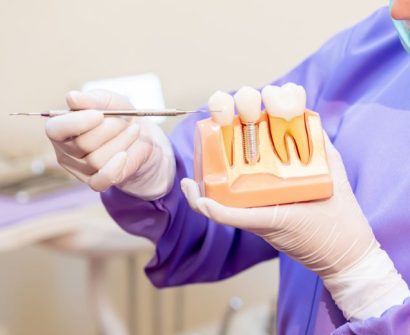Currently Empty: $0.00
Finding a Psychedelic Therapist in the District of Columbia: A Comprehensive Guide

Finding a Psychedelic Therapist in the District of Columbia: A Comprehensive Guide
As interest in psychedelic therapy grows, many individuals in the District of Columbia are seeking out licensed professionals who can safely guide them through transformative experiences. Psychedelic therapy, involving substances like psilocybin, MDMA, and ketamine, is increasingly recognized for its potential in treating conditions such as PTSD, depression, anxiety, and addiction. This guide will help you understand how to find a psychedelic therapist in the District of Columbia, what to expect from therapy, and the legal considerations you should be aware of.
The Rise of Psychedelic Therapy in the District of Columbia
Washington, D.C., has become a focal point for progressive mental health treatments, including the use of psychedelics in therapy. The city’s forward-thinking approach to mental health care is reflected in its decriminalization of plant-based psychedelics, including psilocybin mushrooms, in 2020 through Initiative 81. This movement has paved the way for more open conversations about the therapeutic potential of psychedelics and has encouraged individuals to explore these alternative treatment options under professional guidance.
What to Look for in a Psychedelic Therapist
When seeking a psychedelic therapist in the District of Columbia, it’s crucial to choose someone who is not only licensed and qualified but also experienced in guiding patients through psychedelic experiences. Here are key factors to consider:
- Licensing and Credentials: Ensure that the therapist is licensed in psychology, psychiatry, counseling, or social work. Additional certifications or training in psychedelic-assisted therapy are highly beneficial.
- Experience with Psychedelic Therapy: Look for a therapist who has undergone specialized training in psychedelic-assisted therapy, such as those offered by the Multidisciplinary Association for Psychedelic Studies (MAPS) or other recognized institutions.
- Approach to Integration: Psychedelic experiences can be profound and sometimes challenging. A good therapist will emphasize the importance of integration sessions, where the insights gained from the psychedelic journey are processed and applied to everyday life.
- Personalized Treatment Plans: Each individual’s therapeutic needs are unique. Look for a therapist who offers personalized treatment plans tailored to your specific mental health concerns and goals.
Understanding the Therapeutic Process
Psychedelic therapy is not a one-size-fits-all approach. Here’s what you can generally expect from a psychedelic therapy session in the District of Columbia:
- Pre-Therapy Assessment: This initial phase involves a thorough assessment of your mental health history, current condition, and suitability for psychedelic therapy. Safety and preparation are key components during this stage.
- Psychedelic Session: The core of the therapy involves a guided psychedelic experience under the supervision of the therapist. This could involve substances such as ketamine, which is legally available for therapeutic use, or participation in clinical trials for MDMA or psilocybin.
- Integration Sessions: After the psychedelic experience, integration sessions help you process and make sense of the insights gained. This phase is crucial for incorporating the lessons from the journey into daily life and achieving lasting therapeutic outcomes.
Legal Considerations for Psychedelic Therapy in the District of Columbia
While the District of Columbia has decriminalized plant-based psychedelics like psilocybin, it’s important to note that this does not make them fully legal for medical use outside of approved research or clinical settings. However, ketamine is legally available for therapeutic purposes and is often used in clinical settings to treat depression, PTSD, and other conditions. It’s essential to work with a therapist who is knowledgeable about the local laws and regulations surrounding psychedelic substances.
How to Find a Psychedelic Therapist in the District of Columbia
Finding a qualified psychedelic therapist can seem daunting, but several resources can help you in your search:
- Professional Directories: Websites like JourneyŌM provide directories of vetted psychedelic therapists across the country. You can explore options and find a therapist who aligns with your needs and values.
- Therapy Networks: Organizations such as MAPS and the Psychedelic Support Network offer directories and resources to help connect individuals with licensed psychedelic practitioners.
- Local Clinics: Some mental health clinics in D.C. offer ketamine-assisted therapy and are staffed by professionals trained in psychedelic-assisted therapy methods.
Conclusion
As interest in psychedelic therapy continues to grow in the District of Columbia, finding a qualified and experienced therapist is more important than ever. By considering factors such as licensing, experience, integration approach, and legal knowledge, you can make an informed decision that aligns with your mental health journey. Always remember to do thorough research and choose a therapist who prioritizes safety, ethical practice, and personalized care.
For more information and resources on finding a psychedelic therapist in the District of Columbia, visit JourneyŌM.
